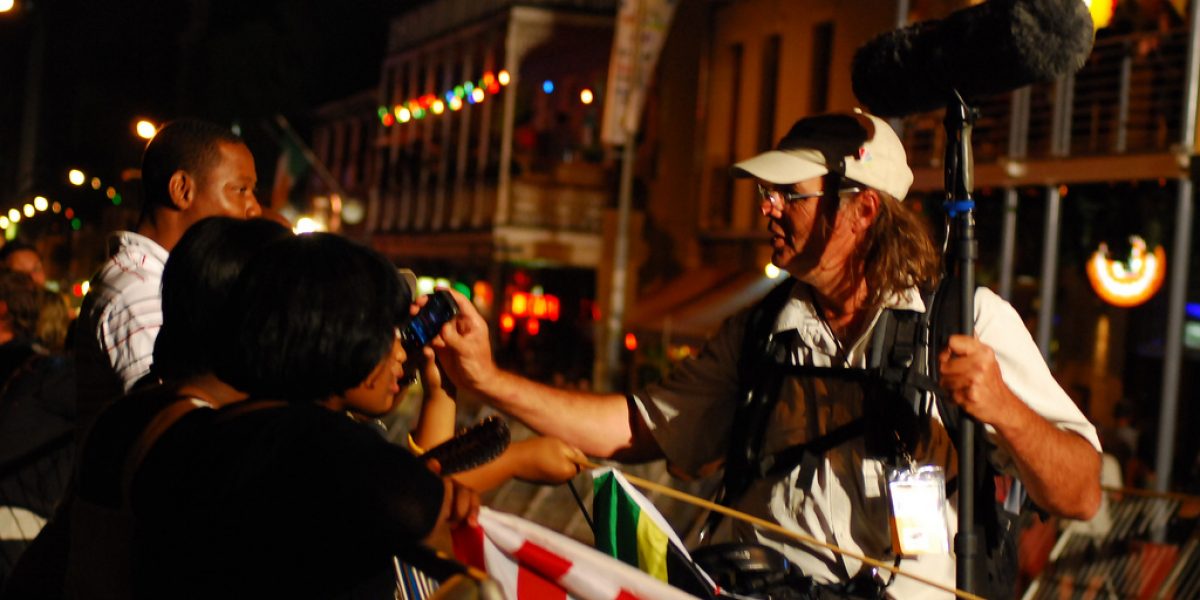Two papers from South African journalists examining how the APRM process relates to media issues
For a system like the African Peer Review Mechanism (APRM) – that seeks to foster better governance and include the population in diagnosing problems and proposing remedies – the involvement of journalists and their publications and media houses is essential. Newspapers, radio and television channels are frequenly tasked with popularising this novel but complex process to the people. And citizens can only meaningfully participate if they know enough about what the APRM is and what it is trying to achieve.
Furthermore, many governance issues depend on the space granted to the media to operate within a society. Freedom of the press is a fundamental right in democratic states. It implies that the print and electronic media should be allowed to report on issues of local, national and global importance, without hindrance or fear of reprisal from those in power. As Raymond Louw puts it in his paper, ‘No matter how much a country uses the term “democratic” in its title or in a description of itself, unless it at least tolerates or at best promotes a free and independent media and all that goes with that term – such as the widest access to, and dissemination of information – the term is meaningless and the government is inevitably authoritarian.’ And in coverning any story, the press are not always passive, neutral reporters reflecting ‘facts’. Journalists and publications can become players in the action they describe and interpret, shaping and steering public perceptions and views.
This month’s papers discuss the APRM and the media for two different but related angles. The first, by veteran journalist Raymond Louw, asks a fundamental question: ‘Can good governance exist without a free and independent media?’ And he argues that Africa’s premier governance and accountability tool – The APRM – seems to have ignored the issue. He notes that a possible reason is that 48 of the continent’s 53 countries have ‘insult’ and criminal defamation laws which criminalise critical reporting of the conduct of public servants. In some cases, these cover only heads of state and other high-ranking officials, but in others, protection is extended to anyone working for the state. Louw argues that these countries would not make the grade under ‘good governance’ if required to show that their media functioned freely. His paper looks at the way freedom of expression issues were covered in reports of four early APRM countries – Ghana, Kenya, Rwanda and South Africa, and he makes recommendations on how the APRM Self-Assessment Questionnaire could be adapted to include media issues.
In the second paper, Brendan Boyle who covered the South African peer review process for the Sunday Times newspaper reflects on why, in his opinion, the APRM failed to capture the imagination of the public and the press, and generate a national conversation. He asks: Is it a failure of the African Union and its subsidiary organisations, or of citizens who did not seize the opportunity? Or is it the fault of the media? The answer is: all of the above. He argues that because the process was centralised in a South African government ministry, it was inevitable that the Country Self-Assessment Report (CSAR) would be overwhelmingly influenced by the government’s analysis and views. The APRM slid off the radar screens of most media. Only the Sunday Times took the process seriously – but when the paper published drafts of the Eminent Persons Panel’s Final Report, which did not reflect the South African government’s rosy view of the situation, the minister in charge accused the paper of ‘scurrilous lies, untruths, myths and reactionary propaganda.’ Boyle argues that the APRM has the potential to become an important vehicle for broad-based policy review and development, but has not gained that status because of the government’s determination to dominate and drive the process (at least in South Africa). He notes that governments are more likely to nurture a sustained interest in the process if it is more transparent and if they are less defensive. Merely denying the experience or perceptions of the public and civil society will not deliver a more comfortable reality. He also offers tips to civil society looking to increase media coverage of their issues.
Number 12, September 2008
Making the News: Why the African Peer Review Mechanism Didn’t
by Brendan Boyle
SAIIA sincerely thanks those who acted as peer reviewers for these two papers.
Perspectives on Governance: Founded to promote public debate and research on crucial issues of public policy, the South African Institute of International Affairs (SAIIA) is pleased to send you these occasional papers that we hope will contribute to a more robust conversation about the nature of Africa’s governance challenges.








